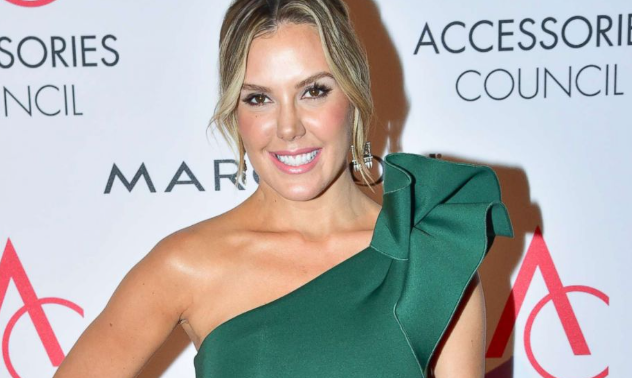Kendra Scott: Strategic Design Meets Business Discipline
The Collaboration and Strategic Opportunity
When Kendra Scott announced her latest limited-edition collection with LoveShackFancy, the headlines were about bows, blooms and jewellery. But for executives reading CEO Today, this drop is far more than aesthetic—it’s a case study in brand extension, revenue architecture and legal-asset management.
When Kendra Scott unveiled her limited-edition collaboration with LoveShackFancy, headlines focused on bows and blooms—but behind the design lies a lesson in strategic brand growth. As highlighted in Finance Monthly’s “Bows and Blooms” feature, the partnership showcases how Scott fuses creativity with business acumen to strengthen brand equity and expand market reach.
In this second-wave release, Kendra Scott’s signature design meets LoveShackFancy’s romantic aesthetic, producing bow- and floral-inspired jewellery pieces that are both collectible and brand-enhancing. This isn’t just a product launch—it’s a strategic business manoeuvre.
From Garage Startup to Industry Leader
Kendra Scott founded her namesake company in 2002 with humble beginnings and built it into a multi-hundred-million-dollar enterprise by blending strong design DNA, selective distribution and a deeply engaged audience. Her brand identity—a distinctive stone shape, vibrant colour palette and accessible luxury price-point—became a competitive moat.
The LoveShackFancy collaboration signals a conscious evolution: moving from jewellery into lifestyle partnerships, creating scarcity through limited editions, and leveraging dual-brand credibility to enter new market segments and generate incremental revenue.

Kendra Scott
Financial & Legal Framework: The Strategic Backbone
Revenue & Margin Strategy
From a financial viewpoint, the collaboration is an example of leveraged brand partnerships and diversification. Rather than simply expanding vertically into more jewellery items, Scott is co-branding with an adjacent lifestyle fashion label. This allows premium pricing and urgency marketing (limited-edition drops) which tend to drive higher margins and a valuable one-time uplift in revenue.
Intellectual Property & Legal Protection
Legally, Kendra Scott has built significant value into her design assets. She has publicly stated that every stone shape, every metal-finish and every design layout is custom-designed and protected.
“Every single shape that we use at Kendra Scott is custom-made and designed here in our lab … we copyright those shapes.”
When launching collaborations, founders and CEOs must consider: licensing agreements, partner rights, inventory caps, distribution channel controls, and brand-dilution protections. These legal instruments underpin both the brand’s equity and its valuation.
Ownership, Governance & Value Realisation
Kendra Scott’s company has attracted private-equity investment and valuations north of US$1 billion in recent years. From a governance perspective, the collaboration plays into a value-creation roadmap: expand brand equity, deepen customer loyalty, open new cross-sell opportunities—all of which enhance company valuation for future investors or exit events. Strong governance, founder alignment and strategic partnerships thus become critical for sustainable growth.

Kendra Scott
Leadership Takeaways for the Executive Suite
-
Partnerships amplify reach but must align authentically with core brand values to avoid dilution.
-
Protect your brand as an asset: design, IP, distribution controls and legal frameworks matter as much as marketing.
-
Scarcity can drive demand, but only when supply chain, inventory and legal obligations are coordinated.
-
Founder DNA + operational discipline: scaling requires marrying entrepreneurial vision with formal governance, especially when institutional capital is involved.
-
Purpose adds value: brand-led philanthropy and mission often enhance consumer trust—which is increasingly tied to business outcomes.
What’s Next – Why It Matters
As Kendra Scott moves further into lifestyle territory and collaborates with brands like LoveShackFancy, the model shifts from pure jewellery to broader consumer-brand ecosystems. For CEOs, this isn’t about jewellery—it’s about how a strong brand footprint, strategic alliances and legal-financial rigor combine to build long-term enterprise value.
The collaboration is not a one-off; it’s part of a larger strategy to monetise brand, deepen engagement and accelerate growth while protecting the core assets that make the business unique. For today’s executives, the lesson: treat design, brand and business with equal seriousness—and view collaborations not simply as marketing, but as strategic levers in growth, value creation and risk management.














